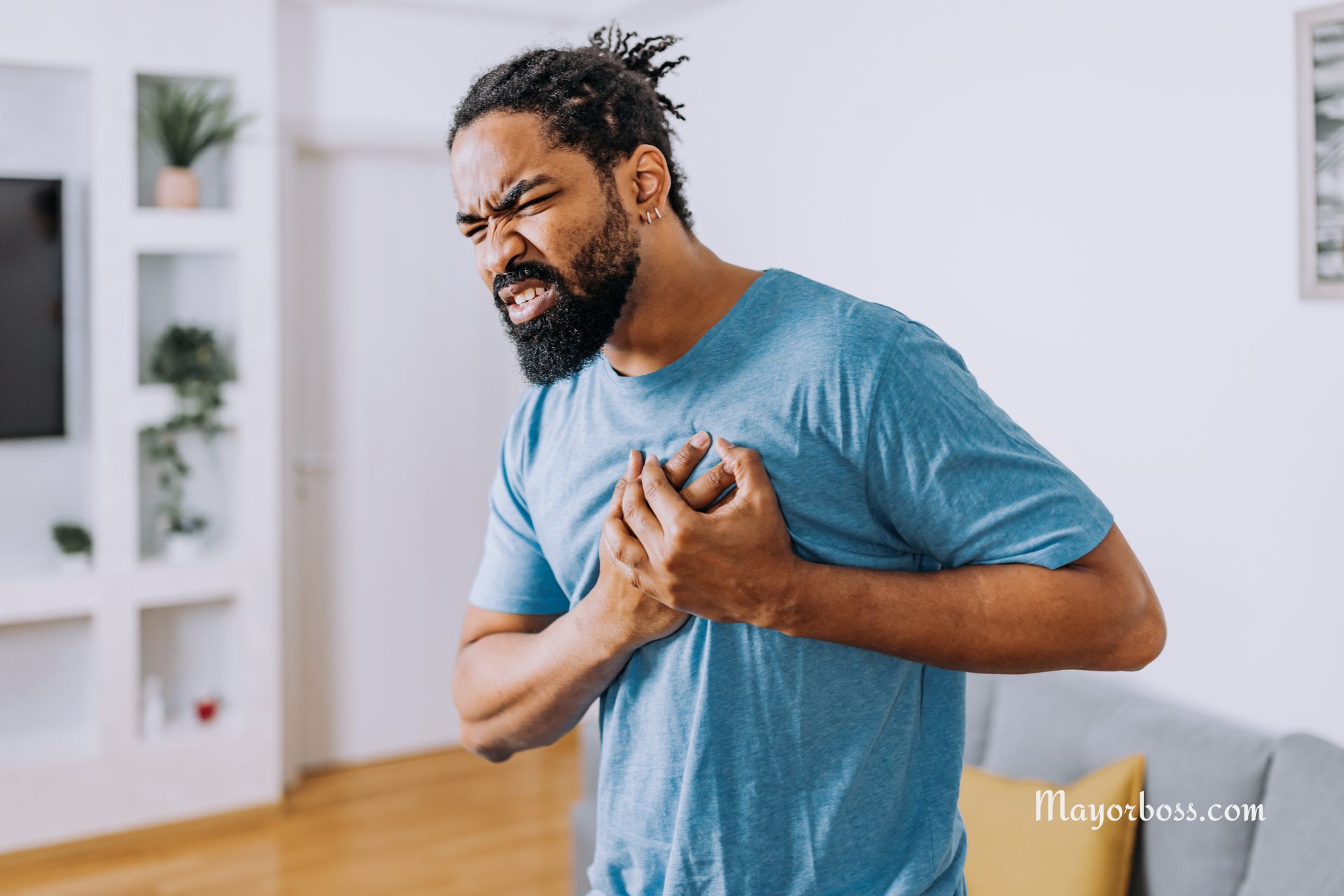8 Signs Your Heart Is Crying Out For Help
Heart problems can show up in many ways, and the signs are not always obvious. Sometimes, you may feel too tired or think a strange sensation is due to stress. But when your heart is in trouble, your body often tries to warn you. Below are eight signs that may mean your heart needs extra care. If you have any of these symptoms, talk to a healthcare professional.

1. Chest Pain or Discomfort
Chest pain is one of the clearest signs of a heart issue. You might feel squeezing, tightness, or pressure in your chest. It might show up when you exercise or climb stairs, then go away when you rest. Some people only feel a mild ache. Even if it’s not severe, repeated or unexplained chest pain should lead you to see a doctor. Women might have different chest symptoms, such as a dull ache that you can’t quite describe.
2. Shortness of Breath
If you suddenly get winded during activities that were once simple, like cooking, cleaning, or walking to the mailbox, your heart might be struggling. Some individuals find they cannot lie flat without feeling breathless, so they prop up their head at night. This can be a clue that your heart isn’t pumping well.
3. Dizziness and Fainting
Dizziness can happen if you skip a meal or feel overheated. But if you often feel lightheaded or almost pass out, your heart may not be getting enough blood to your brain. This can happen if there is an abnormal heart rhythm or blood flow problem. If you notice a pattern of fainting spells, get checked by your doctor.
4. Unexplained Fatigue
It’s normal to feel tired sometimes, but if you suddenly lose energy for routine tasks, your heart might be struggling. For example, if climbing the stairs leaves you exhausted or you cannot finish chores without resting, it may be time to see your healthcare provider. Your body might be sending a signal that your heart isn’t meeting its needs for oxygen.
5. Swollen Feet and Ankles
When the heart does not pump correctly, fluid can build up in your legs. You might notice your shoes feeling tighter, or you have sock marks around your ankles by day’s end. Sometimes this swelling can also appear in your belly. If you see these changes, think about getting a doctor’s opinion, especially if you also have other heart-related signs.
6. Irregular Heartbeat or Palpitations
Heart palpitations feel like a flutter, a racing beat, or a sudden pause in your pulse. Everyone gets them once in a while, especially if they drink too much caffeine or feel stressed. But if they keep happening or show up with dizziness, chest pain, or shortness of breath, they could point to an irregular heartbeat that needs medical attention.
7. Pain in the Upper Body
Heart-related chest pain can spread to your arms, neck, jaw, or even the upper back. It may come and go or feel like a dull ache or burning sensation. If it flares up when you exercise and eases when you rest, check with a doctor. Sometimes, people blame muscle strain or tension, but it might be a red flag for heart trouble.
8. Excessive Sweating
Sweating a lot when you’re not hot or working out can be a warning sign. Some people get a cold, clammy sweat during a heart attack. If you also have chest pain, nausea, or trouble breathing, call for help. Don’t wait to see if it passes.
When to Seek Help
If you have any of these signs, see a healthcare provider. You may need tests like an electrocardiogram (ECG) or blood work to learn more about your heart. The earlier you find a heart problem, the easier it is to treat and prevent more serious issues.
Final Thoughts
Your heart is a hard-working muscle that keeps you going. Pay attention if it shows signs of stress. Healthy habits, like regular exercise and a balanced diet, can protect you. If you spot these eight signs, don’t ignore them. Talk to a doctor and take steps to help your heart stay strong and healthy.
